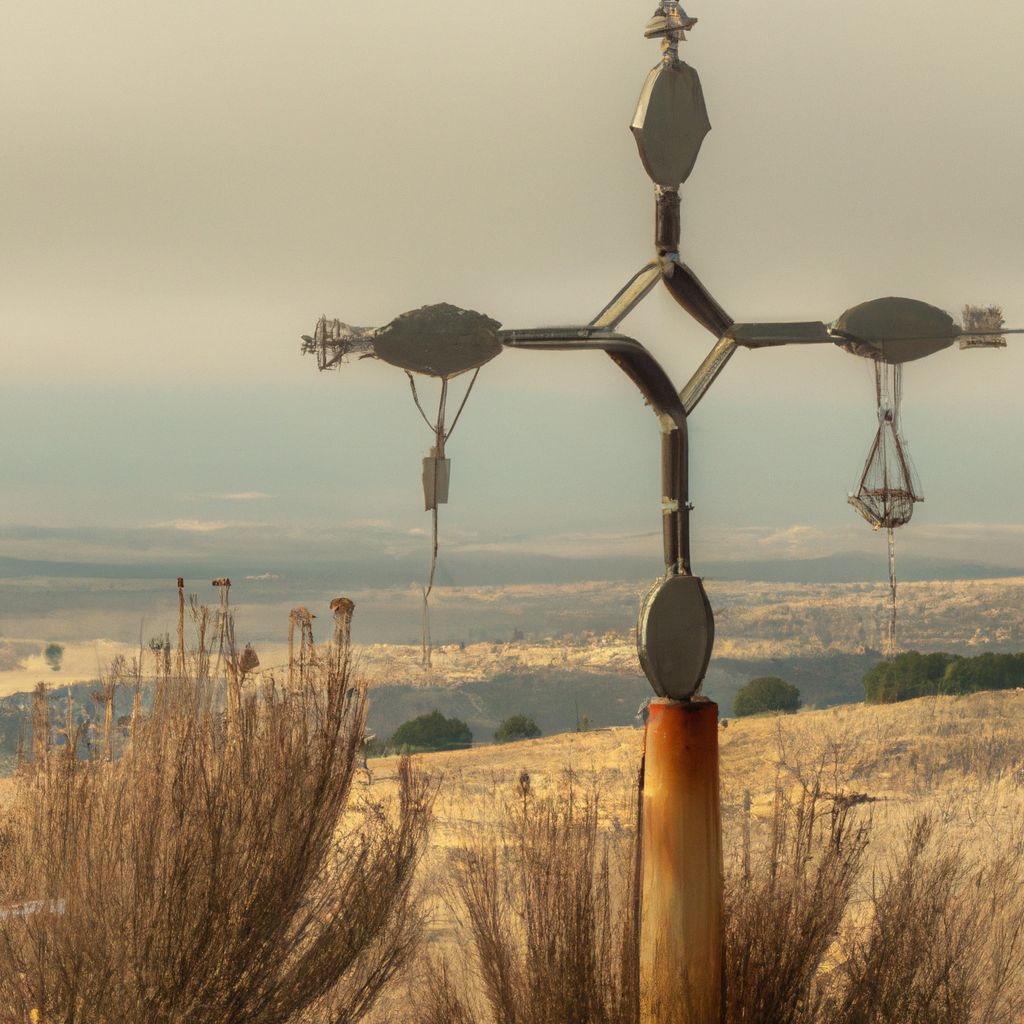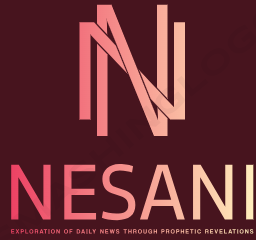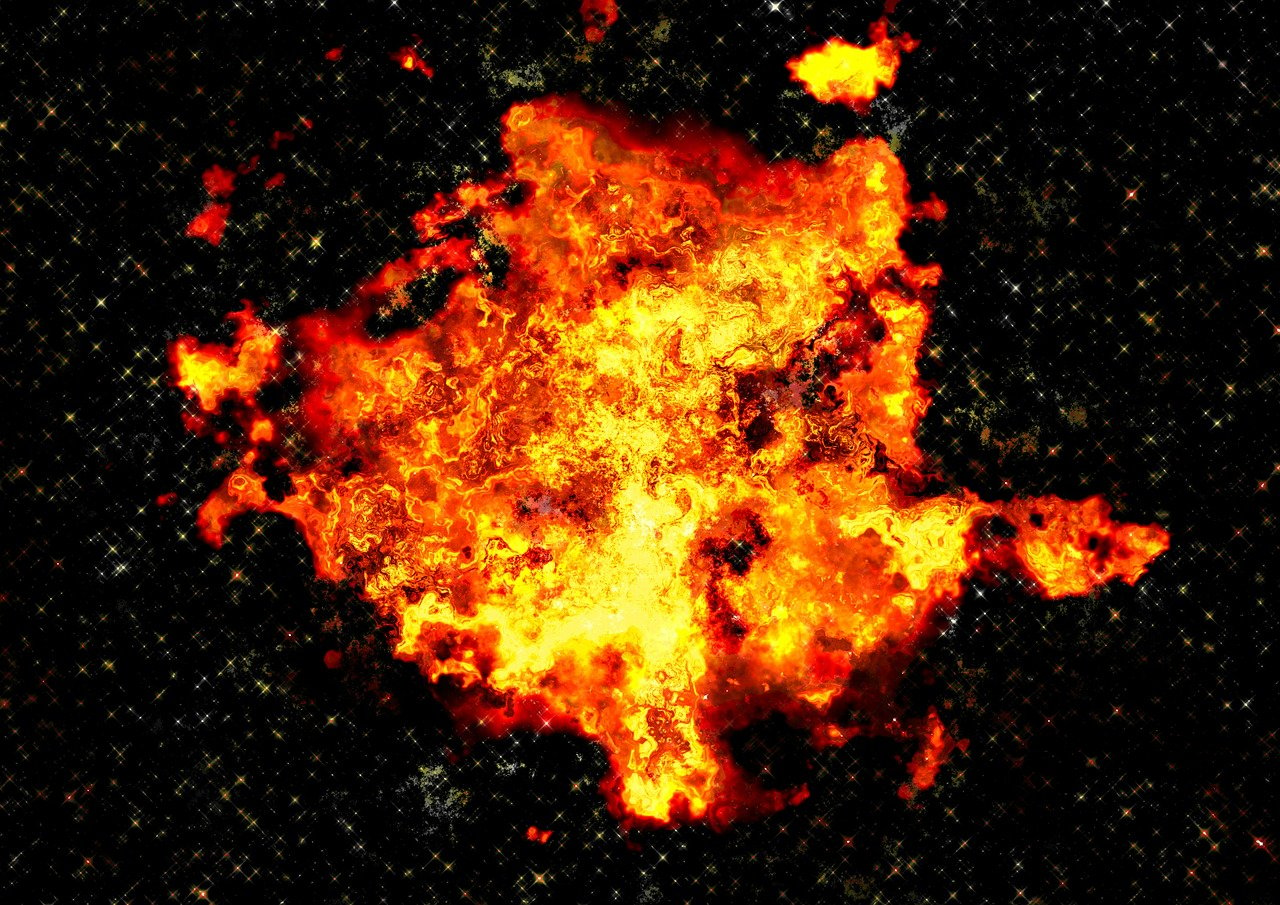In the quest to understand the potential signs of the End of Times in Israel, it becomes intriguing to explore whether there are specific indications, markers, or omens that might foreshadow this monumental event. As our minds wander through the vast possibilities, we find ourselves drawn to the swirling mysteries that enshroud these prophetic prophecies. Let us venture into the realm of ancient texts, folklore, and the collective beliefs of many, seeking to unravel the enigmatic tapestry of signs that might illuminate the path ahead.
Theological Beliefs
Implications of Jewish Messianism
In Jewish theology, the concept of the Messiah holds significant importance. The arrival of the Messiah is believed to bring about the redemption of the Jewish people, the restoration of Israel, and the establishment of a messianic age of peace and prosperity. The implications of Jewish Messianism are profound, as it shapes the beliefs and hopes of many devout Jews. The anticipation of the Messiah’s coming inspires acts of righteousness, the study of religious texts, and the pursuit of a righteous path.
Christian Interpretations
Christian interpretations of messianic prophecies vary, but commonly revolve around the belief in Jesus as the Messiah. Christians view Jesus as the fulfillment of Old Testament prophecies, particularly those concerning the coming of a savior and the establishment of God’s kingdom on earth. These beliefs have shaped Christian theology and have led to the spread of Christianity throughout the world. Christians hold steadfastly to the belief that Jesus will return in glory, bringing salvation to believers and judgment to the world.
Islamic Perspectives
In Islam, the concept of the End of Times is associated with the return of Jesus, known as Isa, who is believed to play a crucial role in the final judgment. Islamic teachings also prophesy the coming of the Mahdi, a messianic figure who will lead the Muslim community to victory over evil. Muslims believe in the eventual resurrection of all individuals for judgment and the establishment of a just and perfect world. The Islamic perspective on the End of Times influences the faith and actions of many Muslims, encouraging them to strive for righteousness and prepare for the Day of Judgment.
Biblical Prophecies
The Role of Israel in Prophecy
Israel holds a prominent place in biblical prophecies, with a multitude of predictions focusing on the land and the people. Many prophecies depict Israel as a central player in the events leading up to the End of Times. The restoration of Israel after centuries of exile is seen by believers as a fulfillment of these prophecies, serving as a sign of the approaching culmination of history.
The Coming of the Messiah
The coming of the Messiah is a recurrent theme in biblical prophecies, spanning across various religious traditions. The Messiah is seen as a transformative figure who will bring spiritual and political redemption, restoring harmony and justice to the world. The prophecies regarding the coming of the Messiah inspire believers to prepare themselves for his arrival and to actively participate in the ushering in of a new era.
The Rebuilding of the Third Temple
The rebuilding of the Third Temple in Jerusalem is considered by many believers to be a vital event leading to the End of Times. According to biblical prophecies, the temple will be rebuilt on the Temple Mount, signifying the ultimate restoration of Israel and God’s presence among his people. The anticipation of this event fuels discussions and debates among religious scholars and faithful adherents alike, as they contemplate its significance and possible timing.

Geo-Political Factors
Conflict in the Middle East
The Middle East has long been a region marred by conflicts, with various geopolitical factors influencing the dynamics of the region. The presence of ongoing conflicts and heightened tensions can be seen as potential indicators of the End of Times, as described in the prophecies of several religious traditions. The persistent unrest in the Middle East has led many to ponder its significance in the context of eschatological events.
Jerusalem as a Contested City
Jerusalem, the holy city revered by Jews, Christians, and Muslims, is regarded as a focal point for numerous end-time prophecies. Its importance is deeply rooted in religious and historical narratives, accompanied by ongoing tensions over control and sovereignty. The complexity surrounding Jerusalem’s status and its significance in eschatological events contribute to the intrigue and speculation about its role in the End of Times.
International Relations and Israel
International relations play a significant role in the geopolitical landscape, particularly concerning the nation of Israel. The support or opposition of various nations toward Israel can have far-reaching consequences and potentially shape the course of eschatological events. The interconnectedness of global politics and the fate of Israel contribute to discussions and theories regarding the culmination of history.
Existential Threats to Israel
Israel faces numerous existential threats in a volatile region, ranging from terrorism and militant groups to the pursuit of nuclear weapons by hostile nations. The existence of these threats fuels speculation about their potential role in eschatological events. Many believers examine these challenges in light of biblical prophecies to understand their significance and potential impact on the future of Israel.
Social and Cultural Changes
Religious Revival and Renewal
The past decades have witnessed a resurgence of religious fervor and revival across various faith communities. This religious awakening is seen by many as a potential sign of the End of Times, as prophesied in different religious texts. The increase in religious observance, the deepening of spiritual connections, and the growth of religious movements globally have led believers to question whether these societal changes are part of a larger divine plan.
Ethnic and Religious Diversity
The world today is characterized by increasing ethnic and religious diversity, with people from different backgrounds coexisting and interacting like never before. Some view this diversity as a fulfillment of end-time prophecies that speak of the gathering of people from all nations. The rich tapestry of cultures and beliefs contributes to ongoing dialogues concerning the role of diversity in eschatological events.
The Return of Jews to Israel
The return of Jews to Israel after centuries of dispersion and exile is viewed by many as a crucial element in the unfolding of the End of Times. This return is often associated with the restoration of Israel as a nation, as prophesied in numerous religious traditions. The reestablishment of Israel and the waves of Jewish immigration evoke discussions about their implications in light of biblical prophecies.
Secularization and Modernization
Advancements in technology, changes in societal norms, and the rise of secularism have resulted in a shift away from traditional religious beliefs and practices in many parts of the world. This trend, often accompanied by the erosion of moral values, is scrutinized by believers who seek to understand its significance in relation to the End of Times. The forces of secularization and modernization prompt critical reflections on the spiritual well-being of society and its potential impact on the ultimate outcome of history.
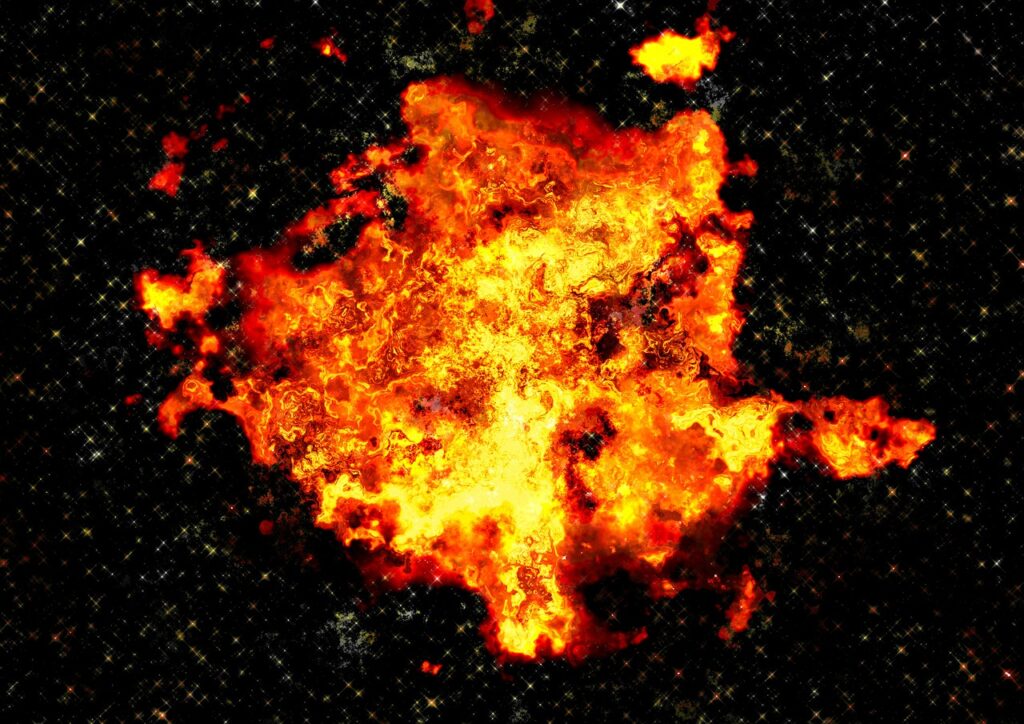
Natural Disasters and Cosmic Events
Earthquakes and Volcanic Activity
The occurrence of earthquakes and volcanic eruptions has historically captured the attention of individuals across various cultures and religious traditions. In eschatological contexts, these natural disasters are sometimes interpreted as indications of approaching cataclysmic events. The correlation between seismic and volcanic activities and end-time prophecies prompts contemplation about their interconnectedness and the potential role of these phenomena in the unfolding of the End of Times.
Solar and Lunar Eclipses
Throughout history, solar and lunar eclipses have been associated with various symbolic meanings and interpreted as omens in different cultures. In the context of eschatology, eclipses can be viewed as celestial signs, aligning with the prophecies of the End of Times. The occurrence of these astronomical events sparks curiosity and speculation among believers, inspiring them to discern their potential significance.
Signs from the Stars
The study of celestial phenomena and their relationship to prophetic signs has intrigued individuals for centuries. Star alignments, comets, and other cosmic events have been interpreted as potential indicators of momentous occurrences. In eschatological discussions, these signs are examined in connection with biblical prophecies, aiming to discern their possible role in the unfolding of the End of Times.
Religious and Messianic Figures
Expectations of the Messiah
Across different religious traditions, the expectation of the Messiah is intertwined with eschatological beliefs. The Messiah is often envisioned as a charismatic leader who will bring about a new era marked by justice, righteousness, and peace. The diverse interpretations of the Messiah’s coming ignite discussions and debates among believers, as they eagerly anticipate the fulfillment of messianic prophecies.
Emergence of False Prophets
In the midst of eschatological anticipation, the emergence of false prophets and charismatic figures claiming divine authority is a recurrent theme in religious texts. These individuals often deceive and mislead believers, leading them astray from authentic paths of spiritual truth. The presence of false prophets serves as a cautionary reminder for believers to remain vigilant and discerning amidst the clamor of potential messianic figures.
Leadership and Spiritual Figures
Throughout history, religious and spiritual figures have exerted significant influence on believers and shaped the course of eschatological beliefs. Their teachings, interpretations, and actions inspire and guide adherents, fostering hope, and contributing to ongoing discussions about the nature of the End of Times. The role of religious leaders in shaping eschatological perspectives underscores the importance of spiritual guidance in navigating the complexities of divine prophecies.
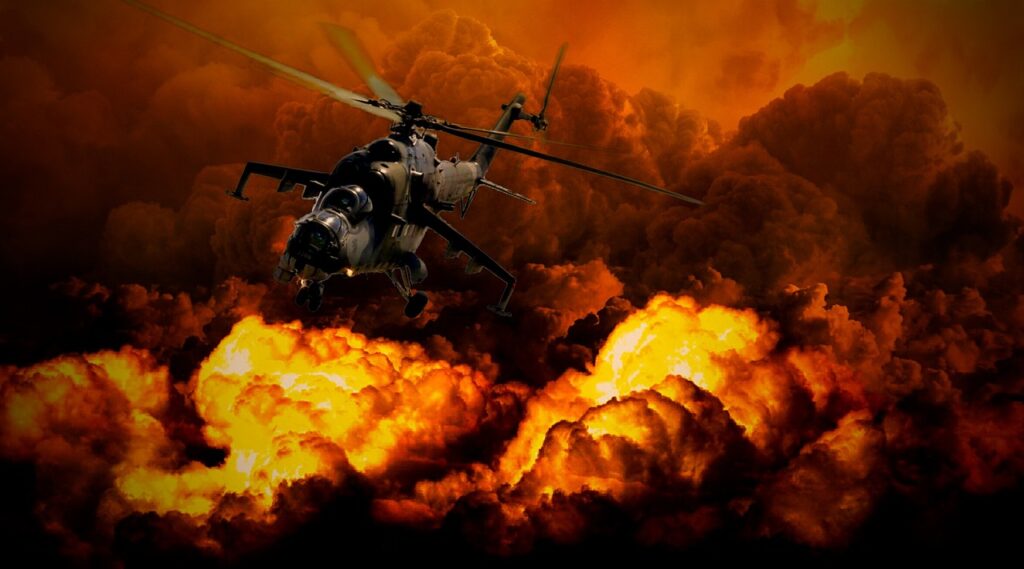
Wars and Conflicts
Regional and Global Warfare
Wars and conflicts have plagued human history, often leading to suffering and devastation. In eschatological contexts, the intensification and global scope of conflicts are sometimes interpreted as harbingers of the End of Times. The persistent state of warfare in different parts of the world fuels contemplation about its connection to prophetic narratives and the potential role of war in the culmination of history.
Israel’s Security Challenges
Israel, as a nation, faces significant security challenges, given its geopolitical location and historical conflicts. The perpetual threats to Israel’s existence and the efforts to ensure its security resonate with discussions regarding the fulfillment of biblical prophecies. The ongoing struggles faced by Israel prompt believers to examine the nation’s role in eschatological events and contemplate its fate in the context of end-time narratives.
The Battle of Armageddon
The Battle of Armageddon serves as a central theme in many eschatological beliefs, symbolizing the final confrontation between forces of good and evil. The details and interpretations of this apocalyptic battle vary among religious traditions. Nevertheless, the concept of an ultimate clash engenders contemplation about its implications and its potential role in determining the course of the End of Times.
Technological Advancements
Emergence of Artificial Intelligence
Technological advancements, particularly in the field of artificial intelligence (AI), have the potential to reshape societies and alter the course of human history. The rise of AI raises ethical and theological questions, as some believers ponder its influence on the future and its connection to eschatological events. The implications of AI in relation to the End of Times continue to provoke debates and reflections within religious communities.
Nuclear Weapons and Cyber Warfare
The proliferation of nuclear weapons and the increasing threat of cyber warfare have profound implications for global security. The destructive power of these weapons and the vulnerability of digital infrastructures raise concerns about their role in potential end-time scenarios. Discussions surrounding nuclear weapons and cyber warfare in relation to the End of Times reflect the recognition of humanity’s capacity for self-destruction and the search for greater understanding of their significance within eschatological narratives.
Surveillance and Control
The advancements in surveillance technologies and the pervasive nature of surveillance systems have sparked debates about personal privacy, oppression, and the erosion of individual freedoms. Within eschatological frameworks, discussions arise regarding the potential rise of an all-seeing and all-knowing entity, often associated with oppressive regimes or technological systems. The ethical implications of surveillance and control systems inspire reflection on their potential role in shaping the End of Times.

Environmental Changes
Climate Change and Extreme Weather
The observable changes in climate patterns and the increasing frequency of extreme weather events have led to concerns about the state of the planet and its impact on human societies. In eschatological interpretations, climate change and extreme weather are often associated with the Earth’s convulsions in the approach to the End of Times. These environmental changes prompt discussions about their connection to biblical prophecies and their potential role in shaping the future.
Destruction of the Natural World
The destruction of the natural world, caused by factors such as deforestation, pollution, and habitat loss, elicits scrutiny from believers and environmentalists alike. The loss of biodiversity and the degradation of ecosystems raise questions about the implications of these environmental changes within eschatological contexts. Discussions surrounding the destruction of the natural world in relation to the End of Times emphasize the urgent need for environmental stewardship and the preservation of the planet.
Conclusion
A comprehensive exploration of the signs, indicators, and omens associated with the End of Times in Israel reveals a diverse range of theological beliefs, historical events, and societal changes. Jewish Messianism, Christian interpretations, and Islamic perspectives all contribute to the rich tapestry of eschatological beliefs surrounding Israel. Biblical prophecies, geopolitical factors, social and cultural changes, natural disasters, religious figures, wars and conflicts, technological advancements, environmental changes, and cosmic events all intertwine in the narratives of the End of Times. While the specific details and interpretations may differ among individuals and religious communities, the contemplation of these signs serves as a reminder to lead righteous lives, seek spiritual truths, and engage in acts of kindness and compassion. Ultimately, the search for meaning in the signs of the End of Times reflects humanity’s innate desire to understand the divine purpose and destiny of our existence.
